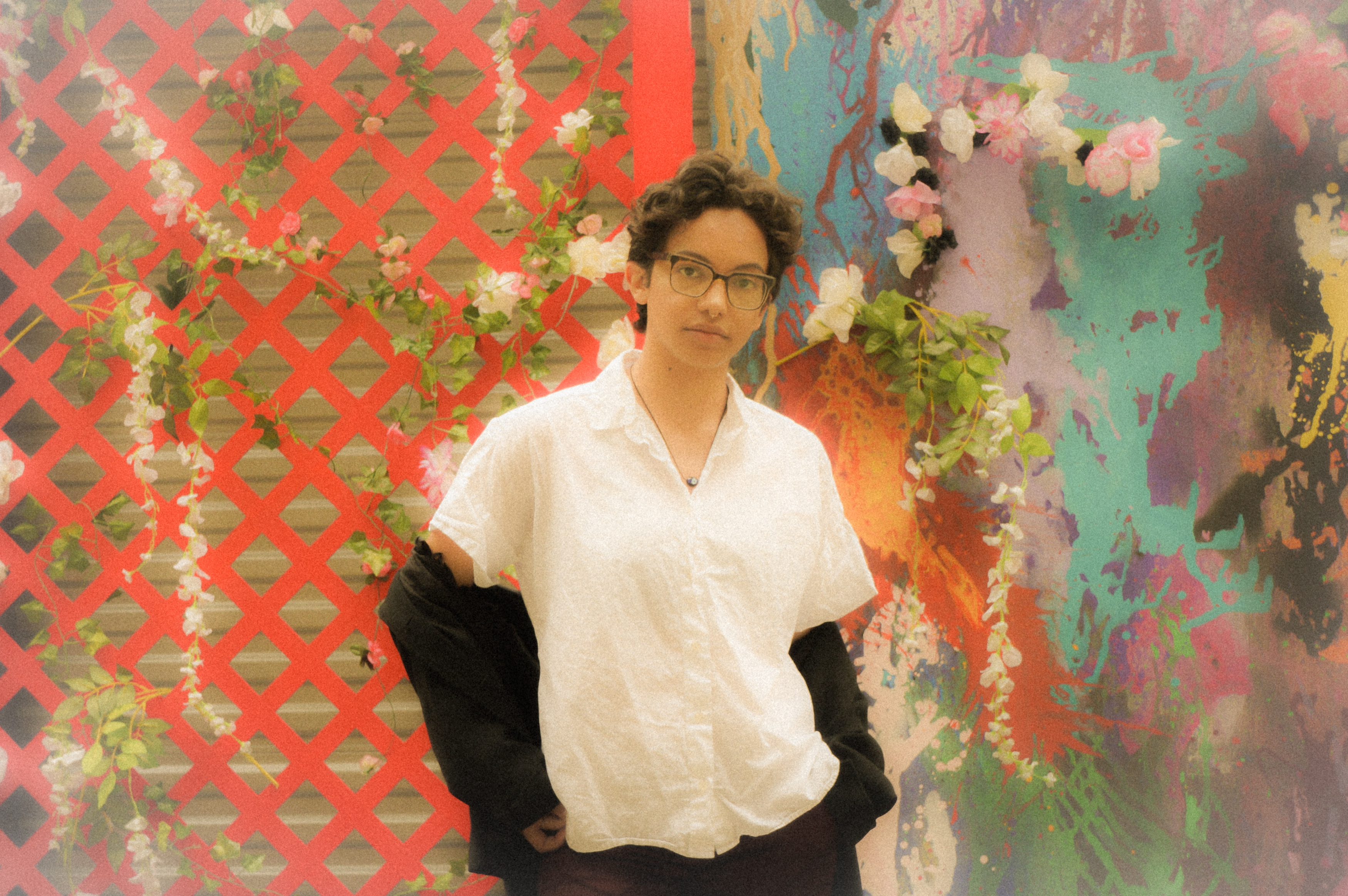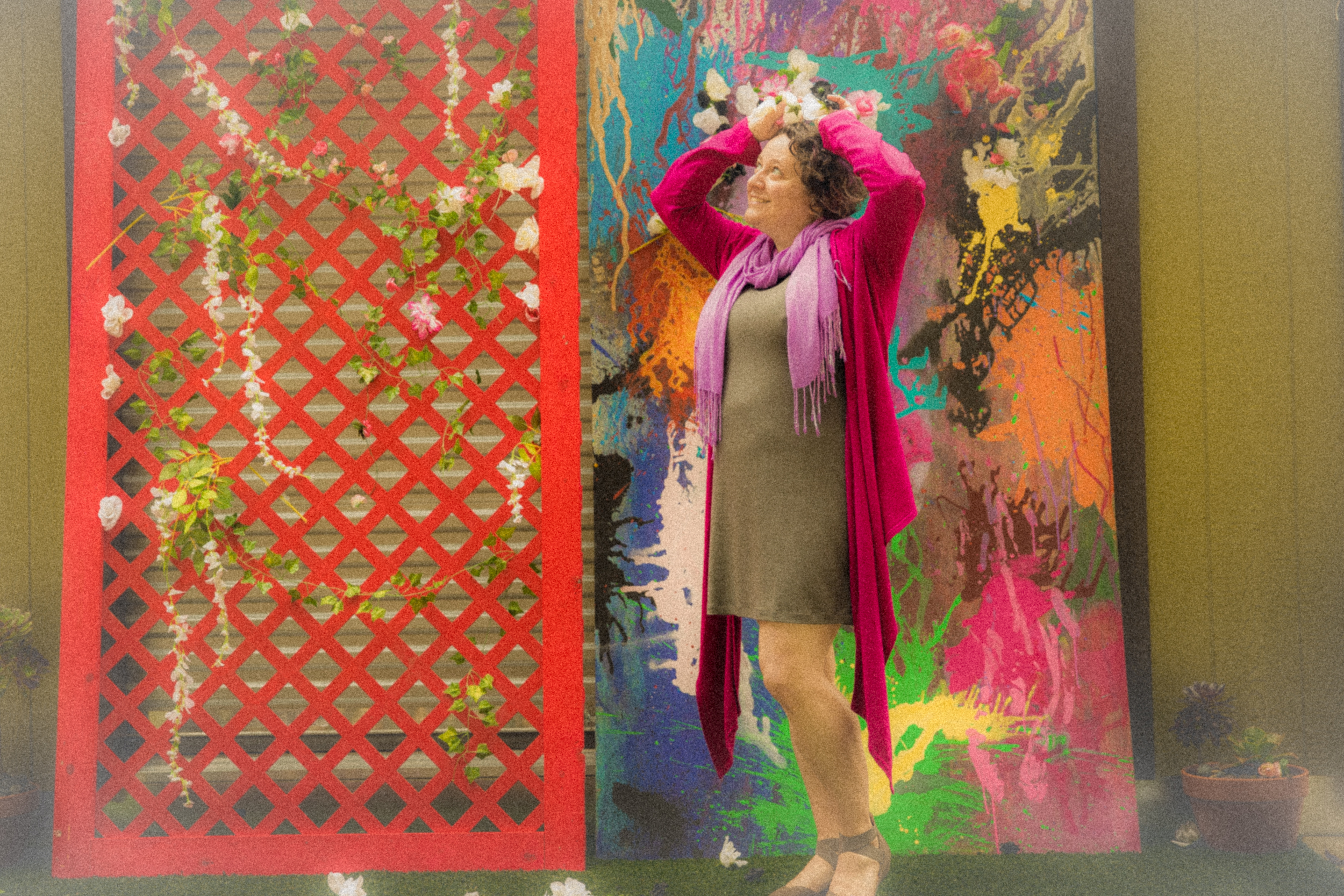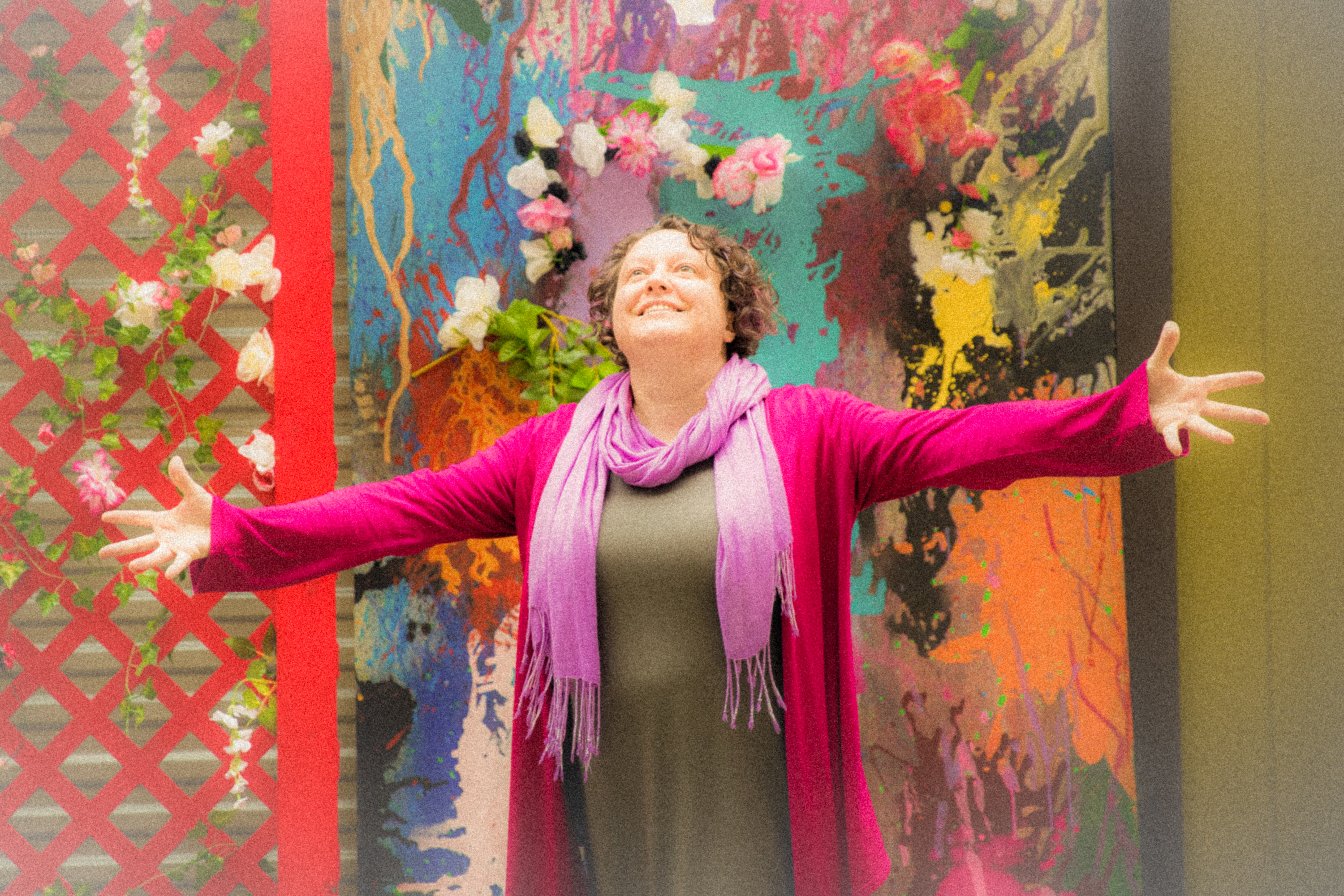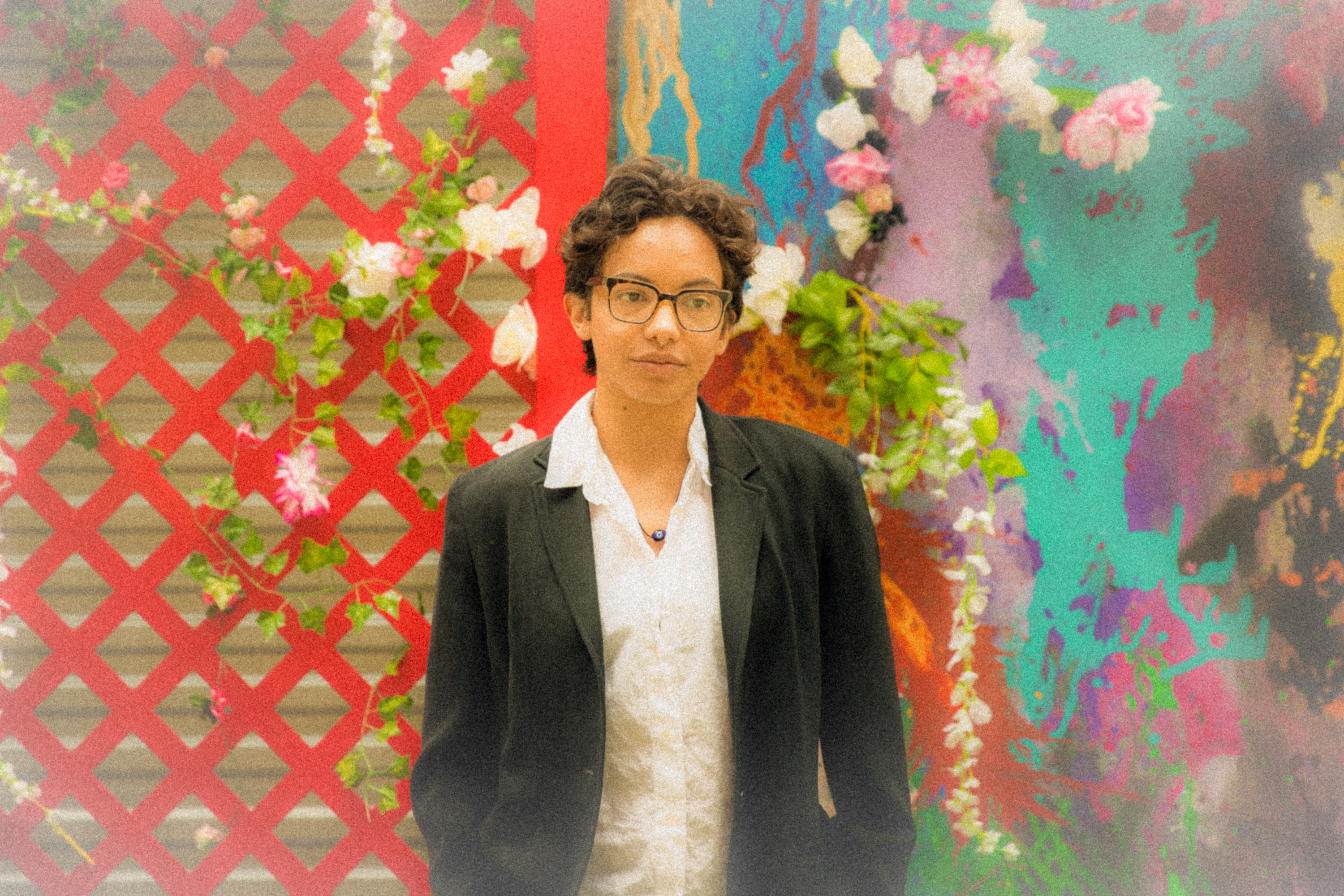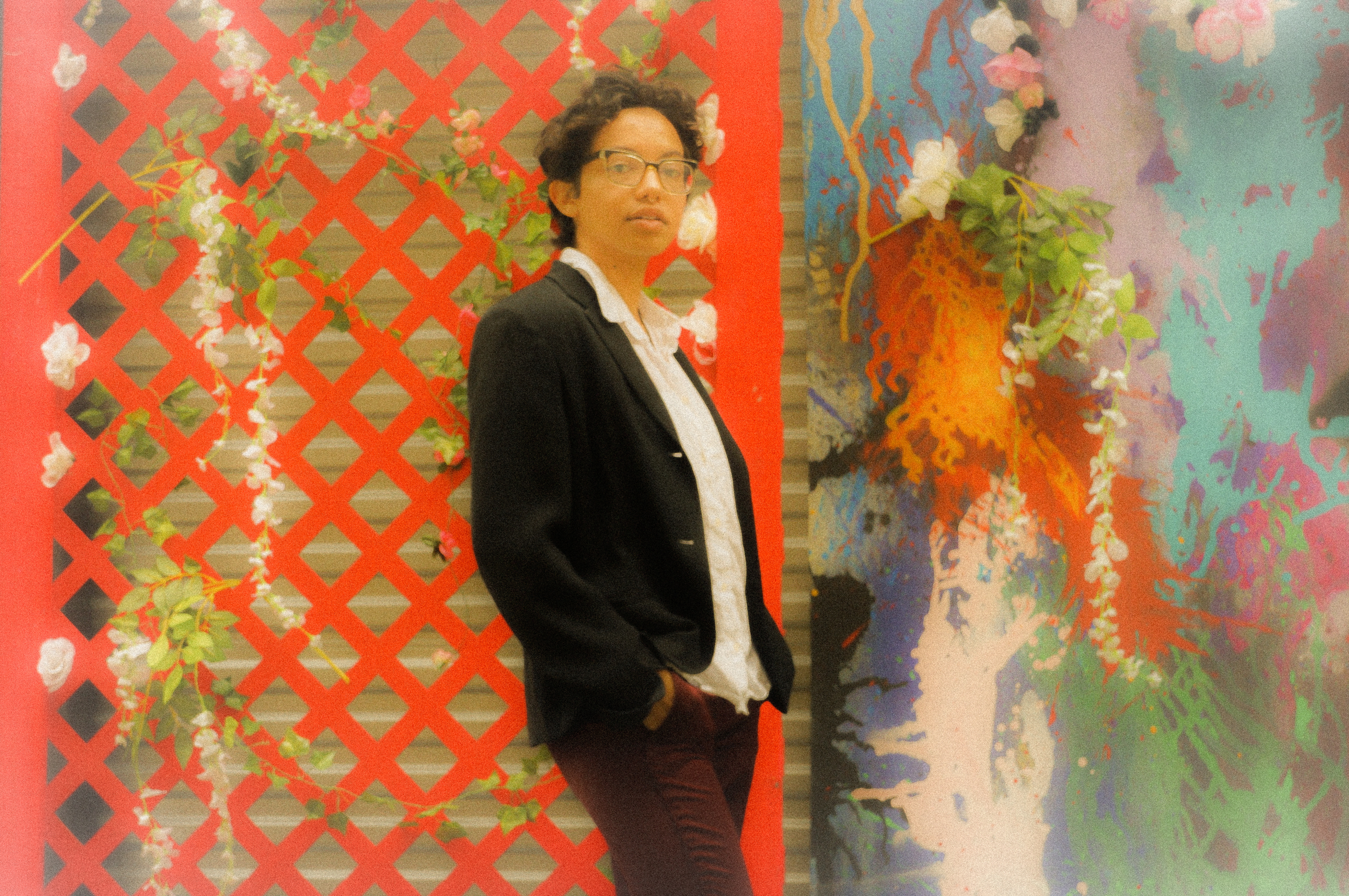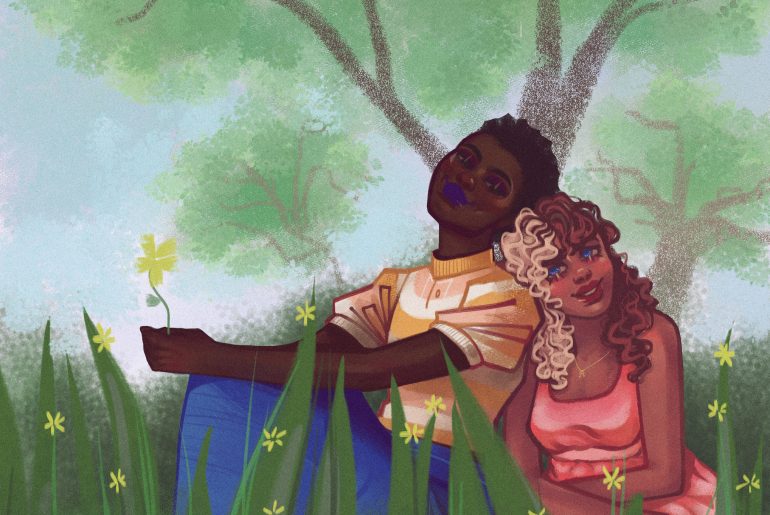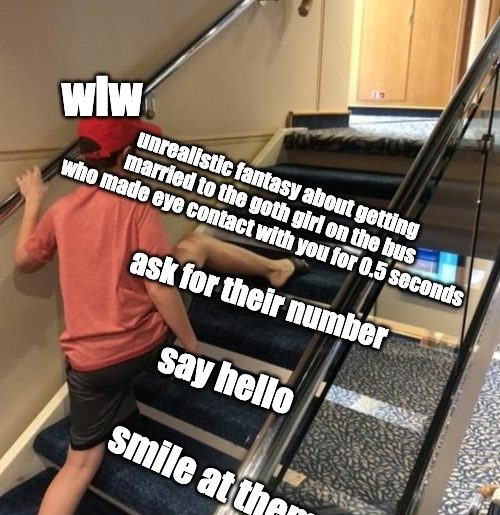Photography by: Natalie Shao, Andy Myers, Asri Alhamdaputri
Article by: Asri Alhamdaputri, Luis Calixto, Sammy Cheung, and Lindsey Chung
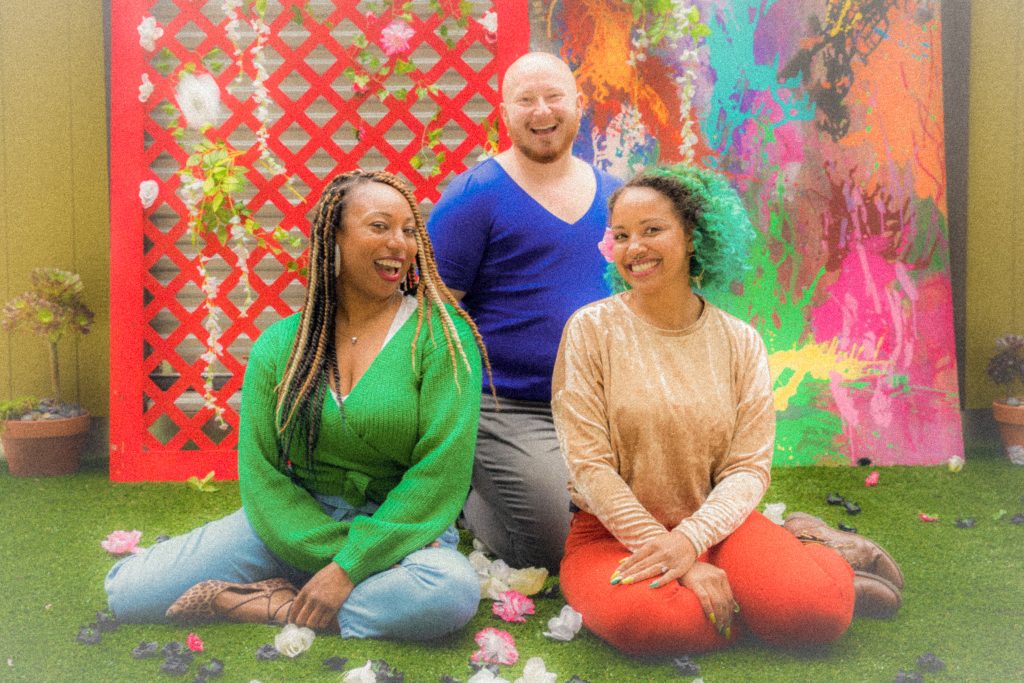
Through Prevention, Advocacy, Training, and Healing, the PATH to Care works to create a campus culture at UC Berkeley that is free of sexual violence and sexual harassment. Since 2014, the PATH to Care’s confidential advocates have been one of the primary resources available to survivors seeking services and support. The PATH to Care is unique in its commitment to centering survivors and prioritizing their self determination. In addition to its healing services, the PATH to Care betters the whole UC Berkeley community by working to prevent violence in the first place. Through its crucial services, the PATH to Care is truly transforming campus climate and spreading its values of social justice, the right to safety, and community care.
The GIA MAG team collaborated with the PATH to Care team for an intimate photoshoot to highlight the salient and powerful work that the PATH to Care is doing for our community. In addition to bringing awareness to the resources that the PATH to Care center offers on campus, this photoshoot also aims to empower survivors and community organizers by celebrating the beauty, integrity, and grit of the QTPOC community. We chatted with Liat Wexler (they/them), the PATH to Care’s prevention manager, and Kiara Lee (they/them), a senior confidential advocate at the PATH to Care Center, about how their lived experience ties into their work, self-care, and broader movements for social justice and anti-violence advocacy.
Featuring:
Joy Evans (She/her), former Assistant Director, Survivor Support Services
Kiara Lee (they/them), Associate Director, Survivor Support Services
Liat Wexler (they/them), Prevention Manager, Faculty & Staff
Khirin Carter (she/her), Prevention Manager, Graduate Programs
Noël Jones (any/all pronouns), Peer Educator
GIA MAG: How do your identities and lived experiences frame the way that you approach your work?
Kiara: Identifying as a Black queer woman, I don’t see a lot of spaces that are safe for us to access to seek support around talking about experiences of sexual violence, intimate partner violence, or stalking. My intention whenever I’m doing work is to bring these resources that I learned about back to my community and to try to make the services as accessible as possible for folks in the UC Berkeley community to access who are also holding similar identities to me.

“Often a lot of queer and trans survivors don’t feel that they have services that are for them. Because they are set up in this way, because everything is very heteronormative … The best thing we can do to create those spaces is to just be more transparent about how sexual violence can happen in ways that are not heteronormative.”
Kiara Lee (they/them), Associate Director, Survivor Support Services
“As a trans and nonbinary person, I think that the way I think about gender and gender-based violence really informs everything that I do, but certainly it informs this work because one of the biggest risk factors is a culture that has really narrow, rigid views around gender. And that’s part of what I want to change, both on a personal level and professionally.”
Liat Wexler (they/them), Prevention Manager, Faculty & Staff
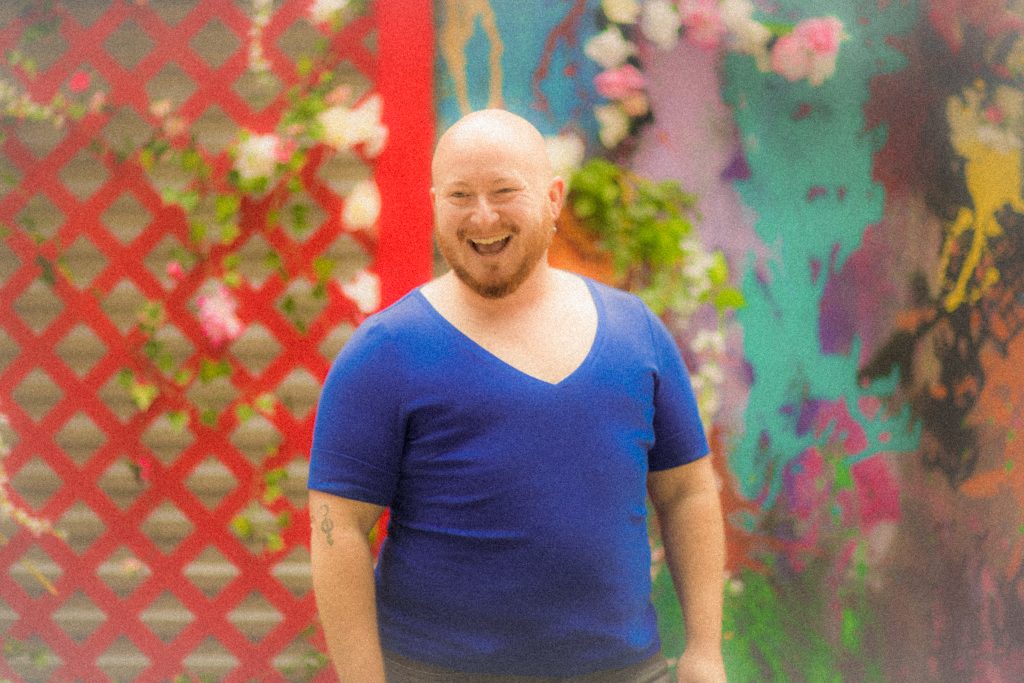
“One of the things I think about a lot is the way that Sex Ed, or the lack of Sex Ed, doesn’t really reach queer and trans folks at all. It’s designed often in ways that talk about sex from a really heteronormative/cisnormative lens. And so one of the challenges is really engaging folks in considering how we can build communities that have healthy boundaries that don’t replicate toxic masculinity. I see it showing up over and over in lots of different ways: with queer women, with gay men who are cis, within the trans men’s communities, all different places.”
Liat Wexler (they/them), Prevention Manager, Faculty & Staff
Clockwise from top left: Noël Jones (any/all pronouns), Peer Educator; Joy Evans (She/her), former Assistant Director, Survivor Support Services; Khirin Carter (she/her), Prevention Manager, Graduate Programs.
GIA MAG: What is the most rewarding part of your job?
Kiara: To see folks leave a conversation with me having more information and having a better understanding of what they can expect in certain situations or with certain processes. Having more clarity on what they want to do moving forward, and knowing that they have someone like us as a sounding board and a thought partner feels really rewarding to me. I often don’t get to see folks at the end of everything because I feel that healing is a continued journey, but I do get to see folks transform in their own ways, and that is really beautiful to me.
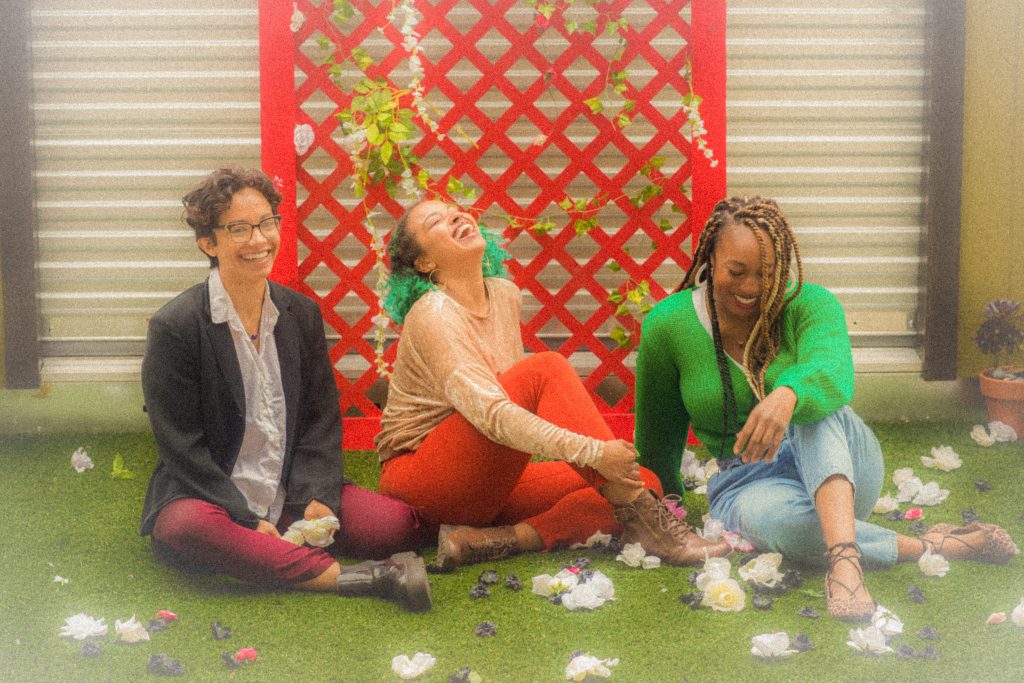
GIA MAG: What’s the most difficult part of your job, and how do you practice self-care?
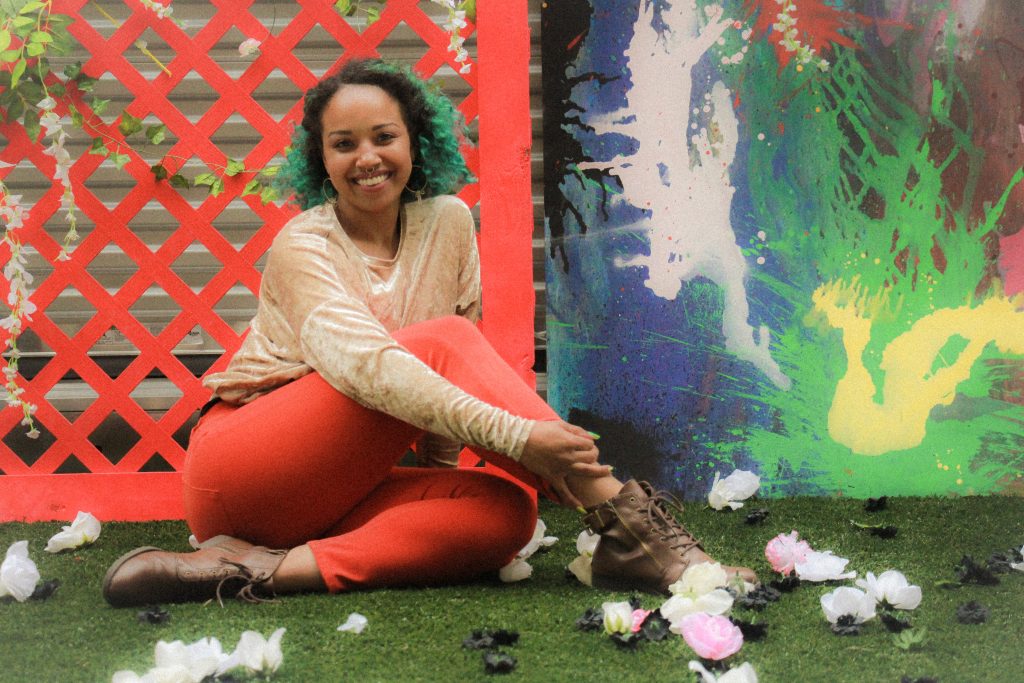
Liat: The hardest part I think in prevention work is feeling like things go so slowly. And I mean, culture change is slow. You know, revolutions happen, but all the time up until the revolution, it’s crawling along. So I think it can feel really hard to know what needs to change and not see it happening. My self-care practice—it’s funny, because we have really similar ones— my dog is my biggest resource, and I love camping alone in the woods.
Kiara: What’s the most difficult part? I feel like we often are working in crisis, so sometimes doing that every day can be taxing on the body, so it is really important for us to do self-care. For me, my self-care practice is pet therapy.
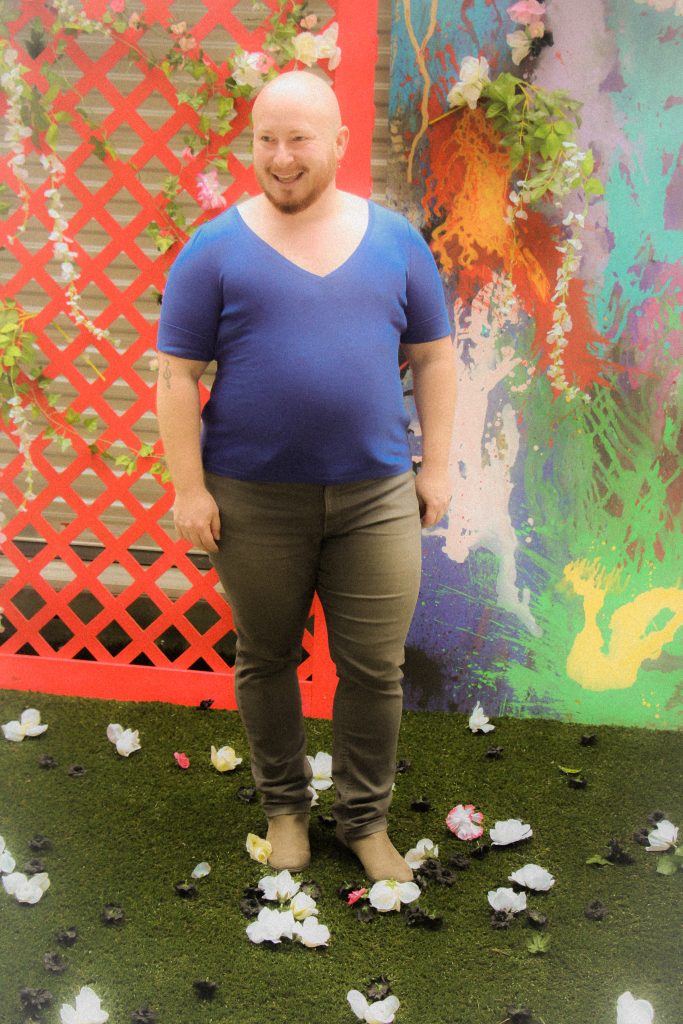
GIA MAG: What’s the one thing you wish people knew about the PATH to Care?
Kiara: The one thing I wish people knew is that we serve not only students but staff and faculty as well. As well as anybody who has been impacted by someone on our campus, so folks who are in the community or folks who are at other schools too.
Liat: I really want folks to know that you can think proactively about prevention before it ever happens. So before you get to the point where you have to report, you can be doing things to create culture change, to shift the norms, to change the messaging, to change the policies and practices.
Top left: Joy Evans (She/her), former Assistant Director, Survivor Support Services. Top right: Khirin Carter (she/her), Prevention Manager, Graduate Programs. Middle: Noël Jones (any/all pronouns), Peer Educator. Above: Kiara Lee (they/them), Associate Director, Survivor Support Services.
GIA MAG: What advice would you give to someone who’s looking to like support a friend or partner who has experienced dealing with sexual violence?
Kiara: To be a listener. To not ask a lot of questions, and just allow them to share what they’re comfortable with sharing. To get them connected to resources that will help them to be able to navigate what they want to do like PATH to Care center. It’s really important to just be compassionate and just be able to listen and be present with that person, and not judge or try to formulate what you think happened or anything like that, but just literally be there and be able to get them connected to other support as well.
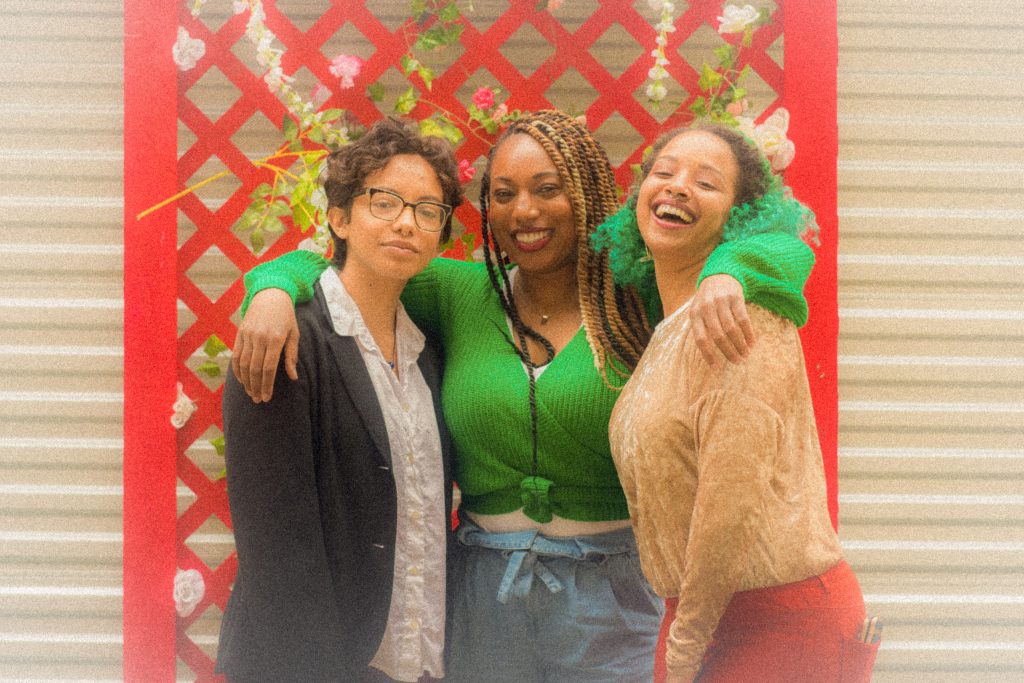
“The queer and trans communities have the opportunity to be stronger, healthier. I think a lot of us think that the community ‘is what it is’ and it’s always going to be this way. But it’s changed over time and it can change again in the future. We have the opportunity to create the world we want to see.”
Liat Wexler (they/them), Prevention Manager, Faculty & Staff
More information about the resources offered by the PATH to Care can be found at care.berkeley.edu.

